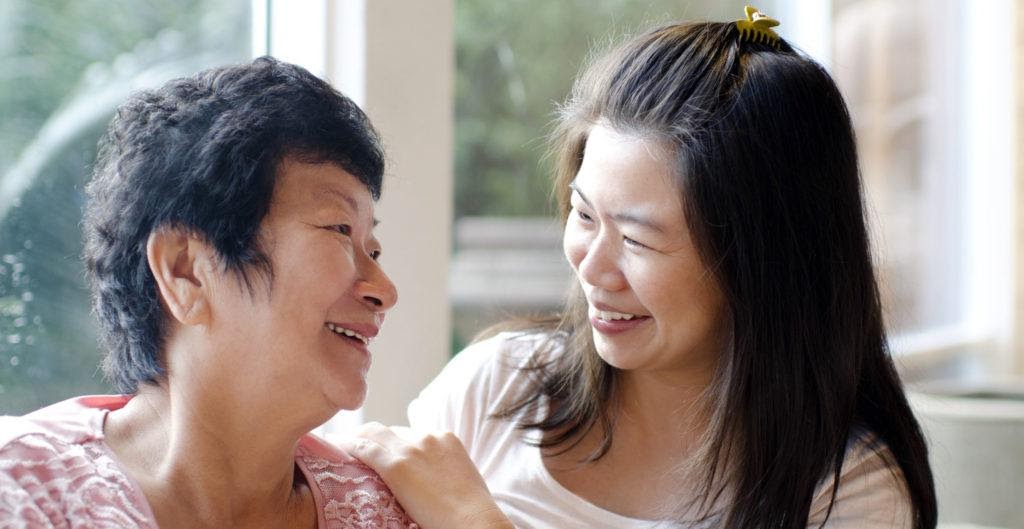Hear from the York Mental Health Carers’ Group:
Nothing really prepares you for becoming a carer. As individuals we all respond differently and it’s important that you acknowledge how you feel. You may feel frightened about the future, guilty that you could have done more, angry that this has happened and confused about what happens next. These are all understandable reactions to the situation you now find yourself in.
You may have an overwhelming need to protect the person you love and ‘make them better’. Just remember though, that when someone breaks a leg, you cannot ‘mend it’ for them but you can be there to support them if they ask for your help. Recovering from a mental health condition is a little similar. There are many things you can do to enable your loved ones recovery but you also need to look after yourself as well. Together you are on a journey and when the person you care for is struggling you have to hold hope for them. Holding hope for someone you care for while standing back and allowing them to recover in their own time is hard.
Remind yourself of their skills, talents, strengths, and interests. Try not to let that person become hidden by their symptoms and diagnosis – remember the person behind the diagnosis. This is holding hope. As the person who knows them best this is one of the most important things you can do to enable their recovery.
The other important thing is to listen. Your loved one may need more space than usual to work out what has happened to them. On the other hand, they may be frightened of being left alone and need your support. Listen, be flexible, ask how you can help, let them guide you on their recovery journey.
Take opportunities to gather information that can help you with the care and support you provide. Learn about mental health and social care services and their responsibility to you and the person you care for. Speak to staff and work together; you have knowledge and information about the person you care for, which can help the staff member to deliver the best care they can. Never be afraid to ask questions, meet other carers, join an organisation that understands your loved one’s condition, write a diary, record conversations with professionals if you have any concerns, but above all stay positive. There will be times when you despair but equally there will be times of great joy when you see the person you care for beginning to recover a meaningful life.
Content updated 16/08/2023.

Real Life Experience
If you’d like to share your real life experience, please email [email protected] for more information.